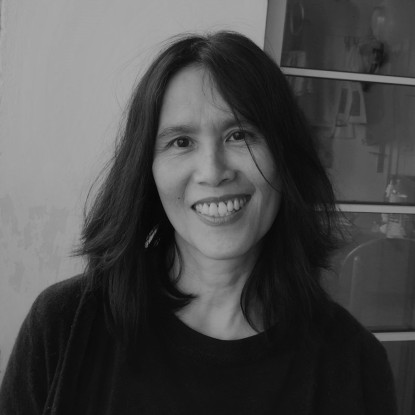Coordination
Urban Health Games Research Group, Architecture, TU Darmstadt
- Jun.-Prof. Dr.-Ing. Martin Knöll
- Lanqing Gu, M.Arch.
In cooperation with
Research Group Neurourbanism, Charité – Universitätsmedizin Berlin
- Prof. Dr. med. Mazda Adli
- Dipl.-Psych. Annika Dimitrov
Time Period
March 2021 to February 2024
Funding









